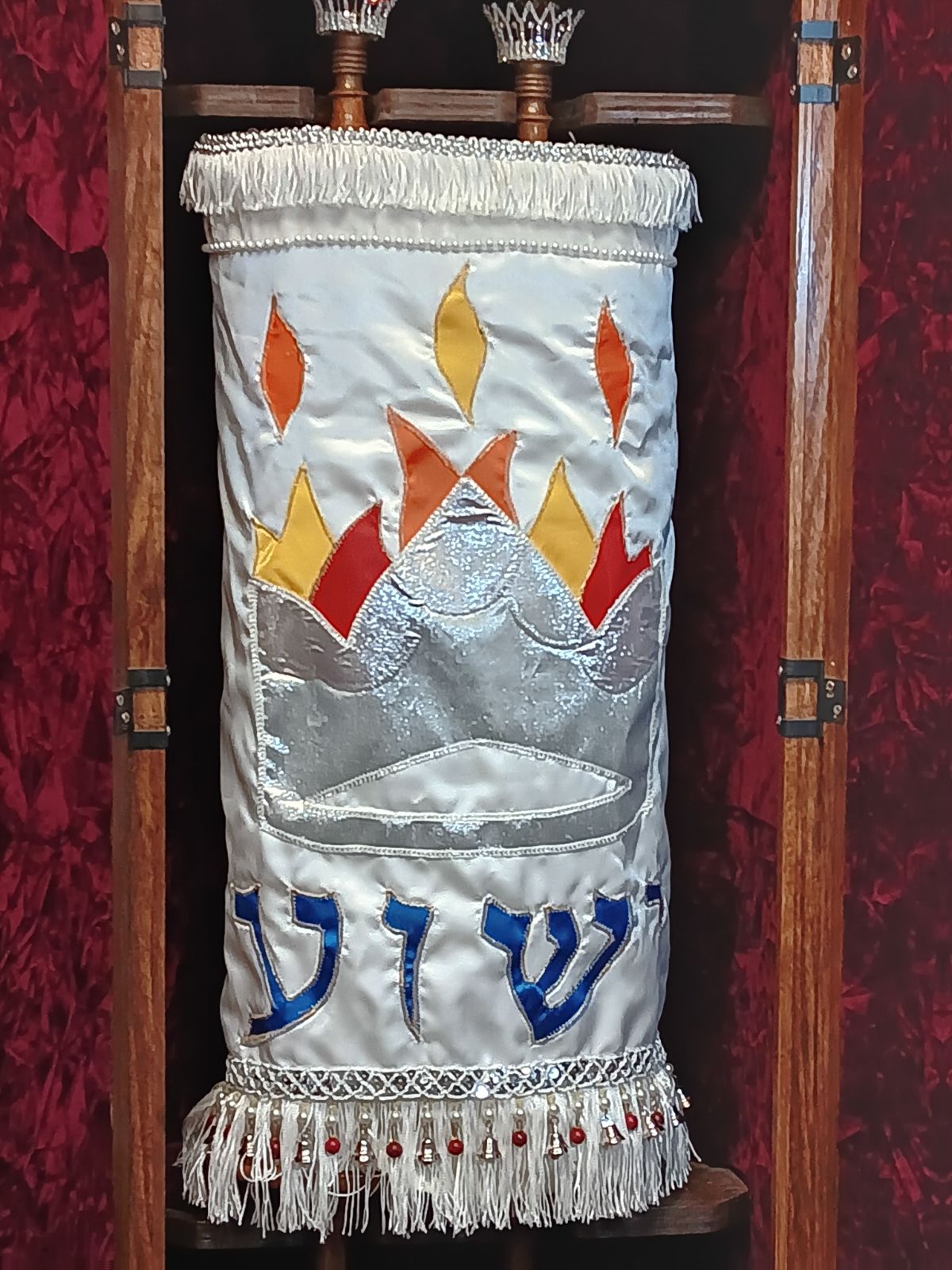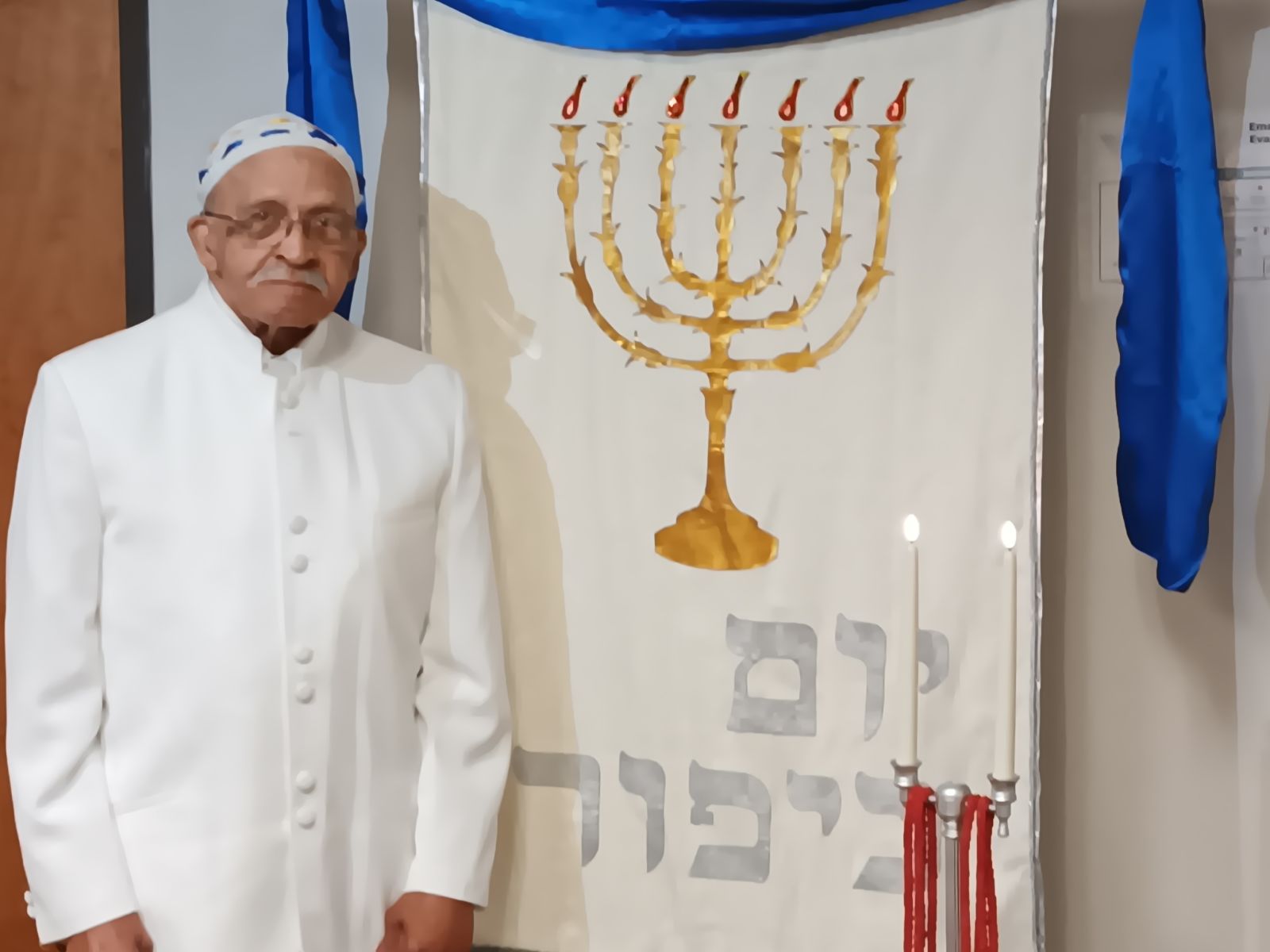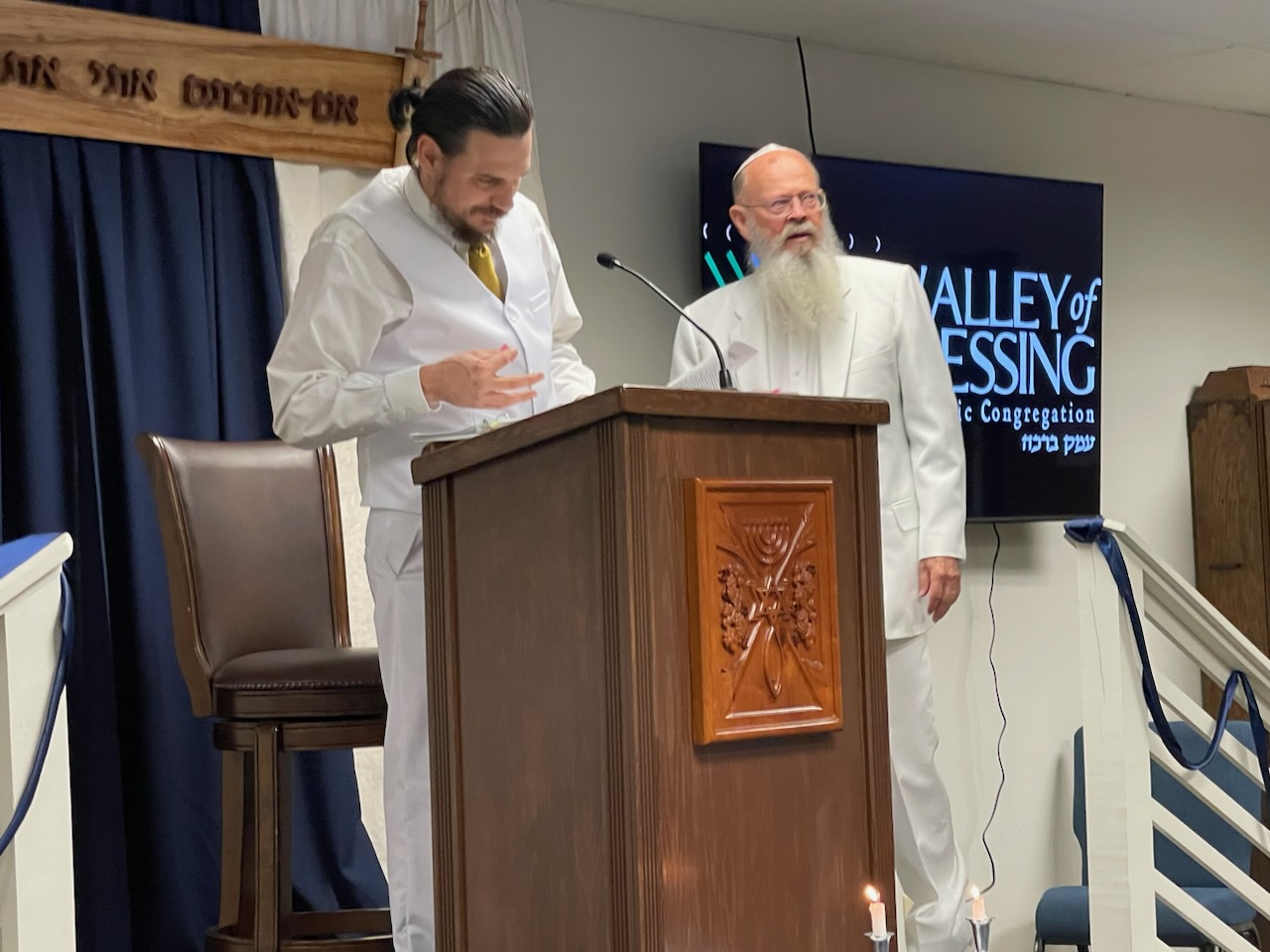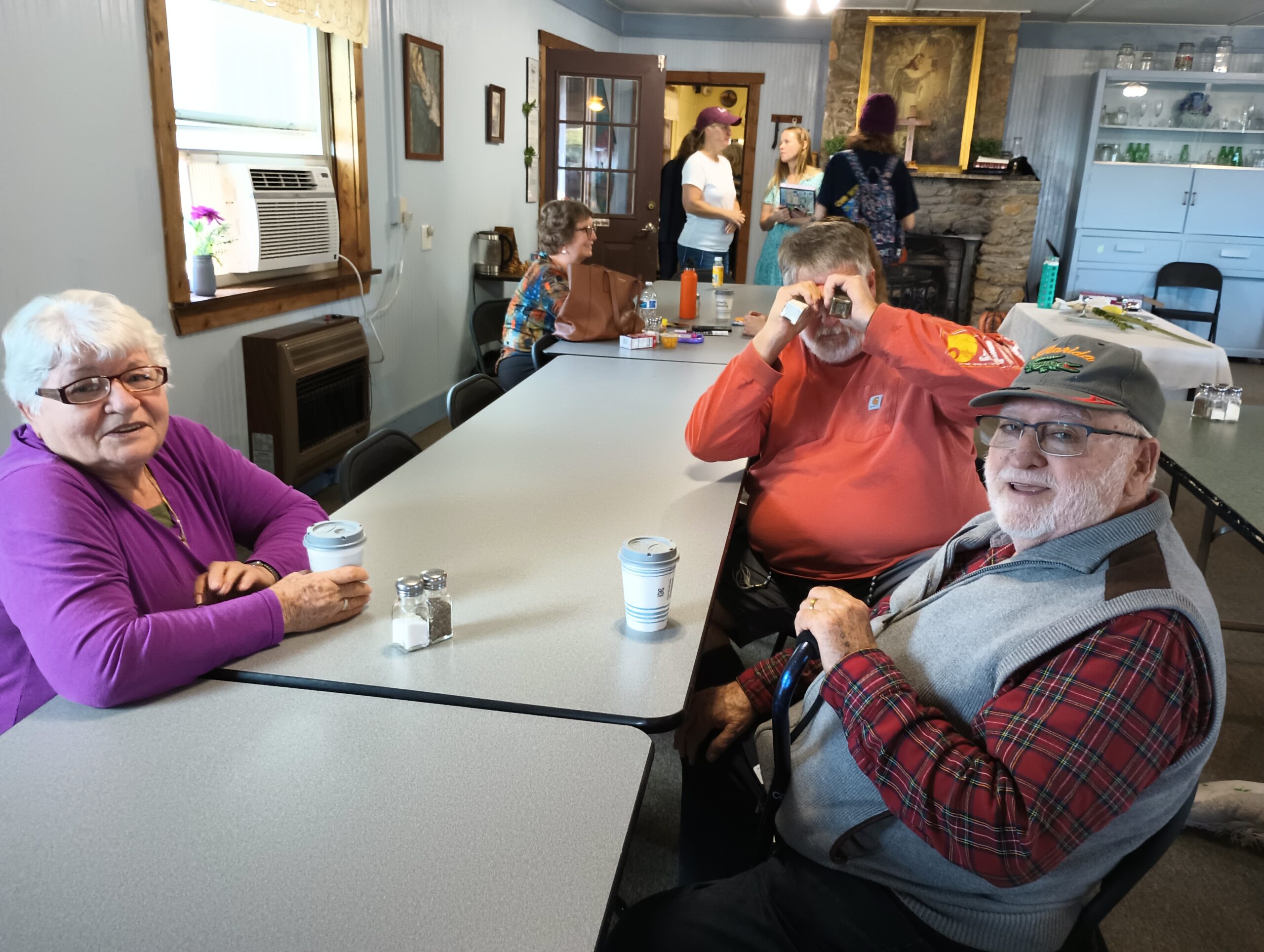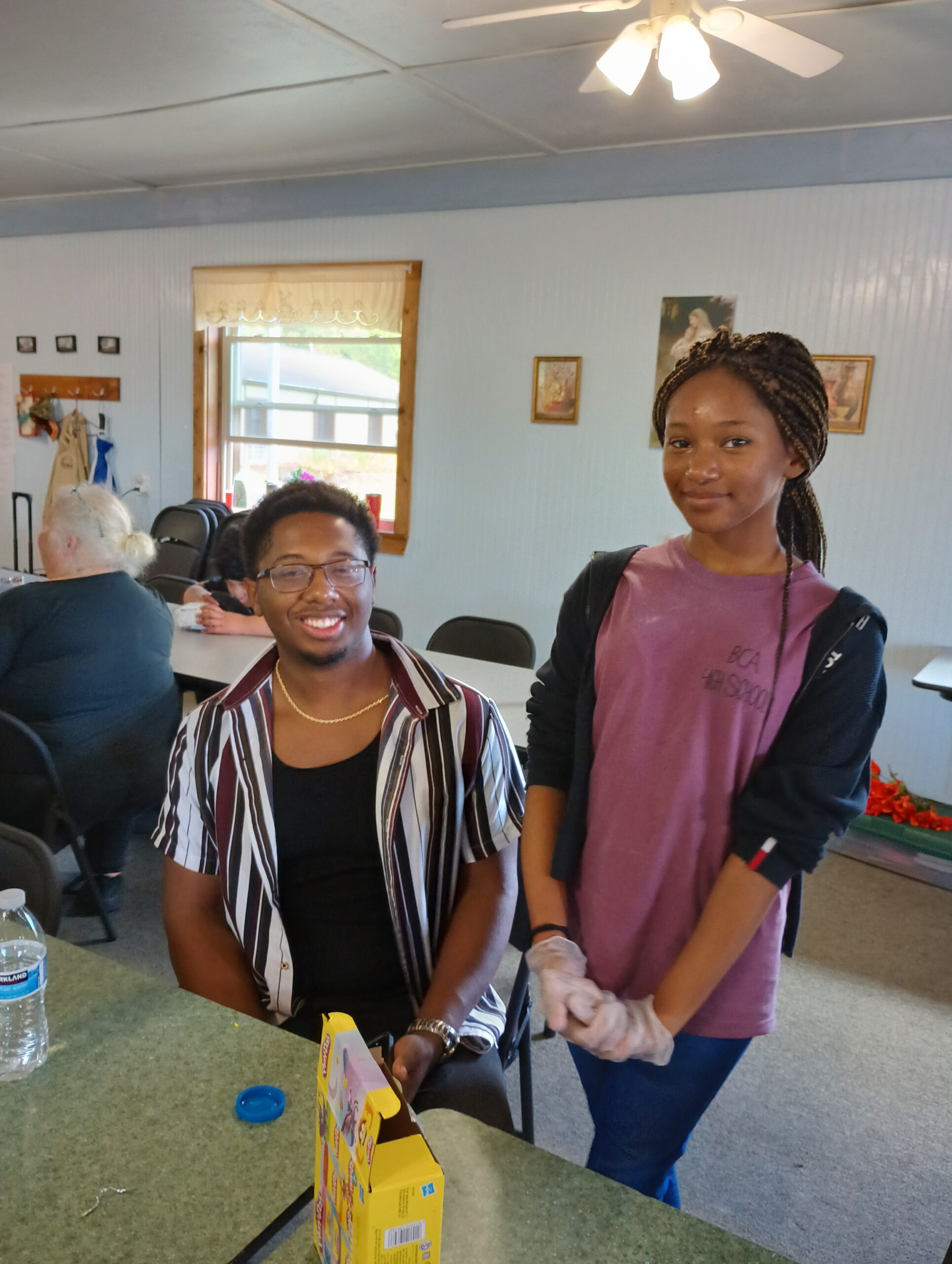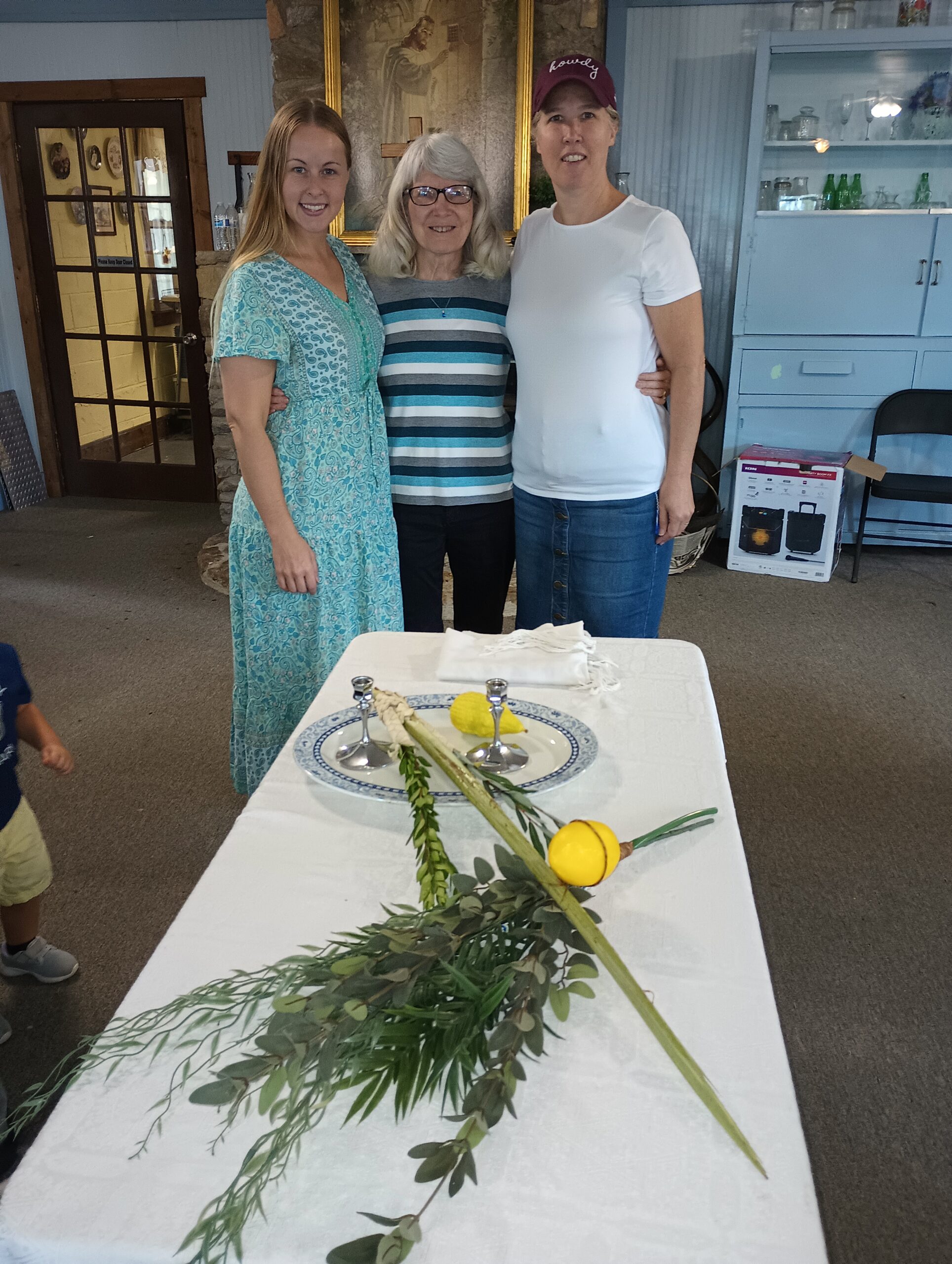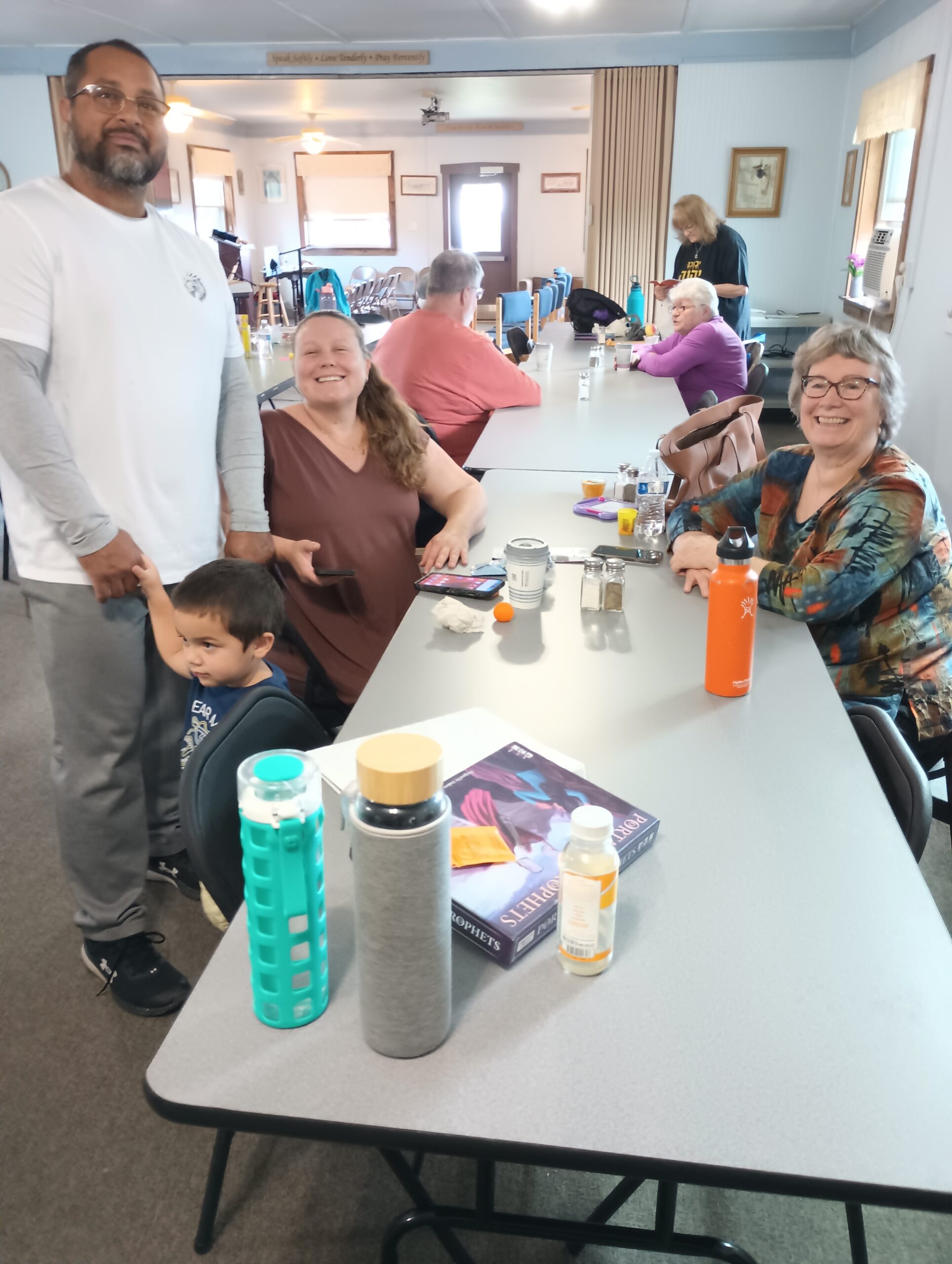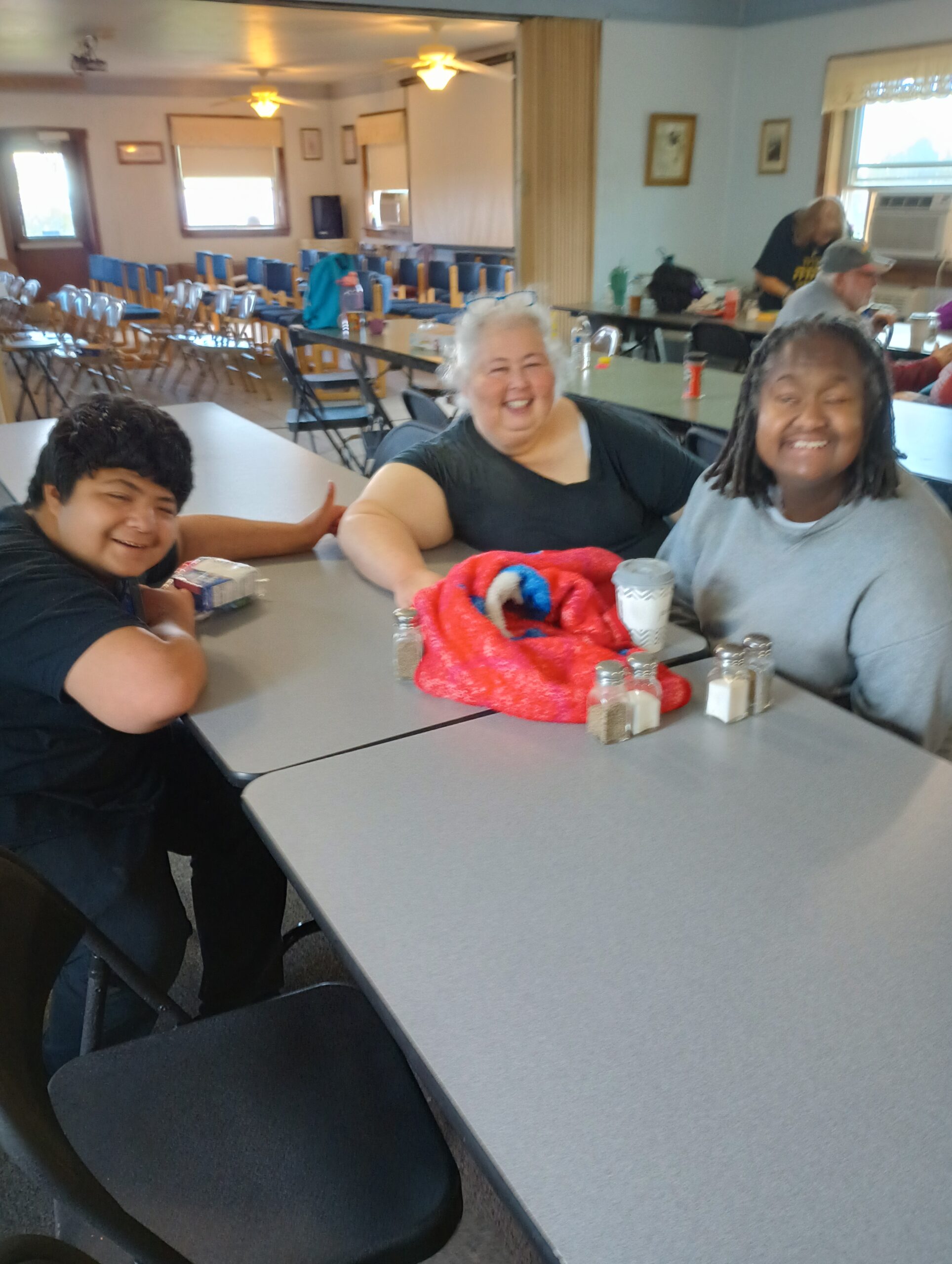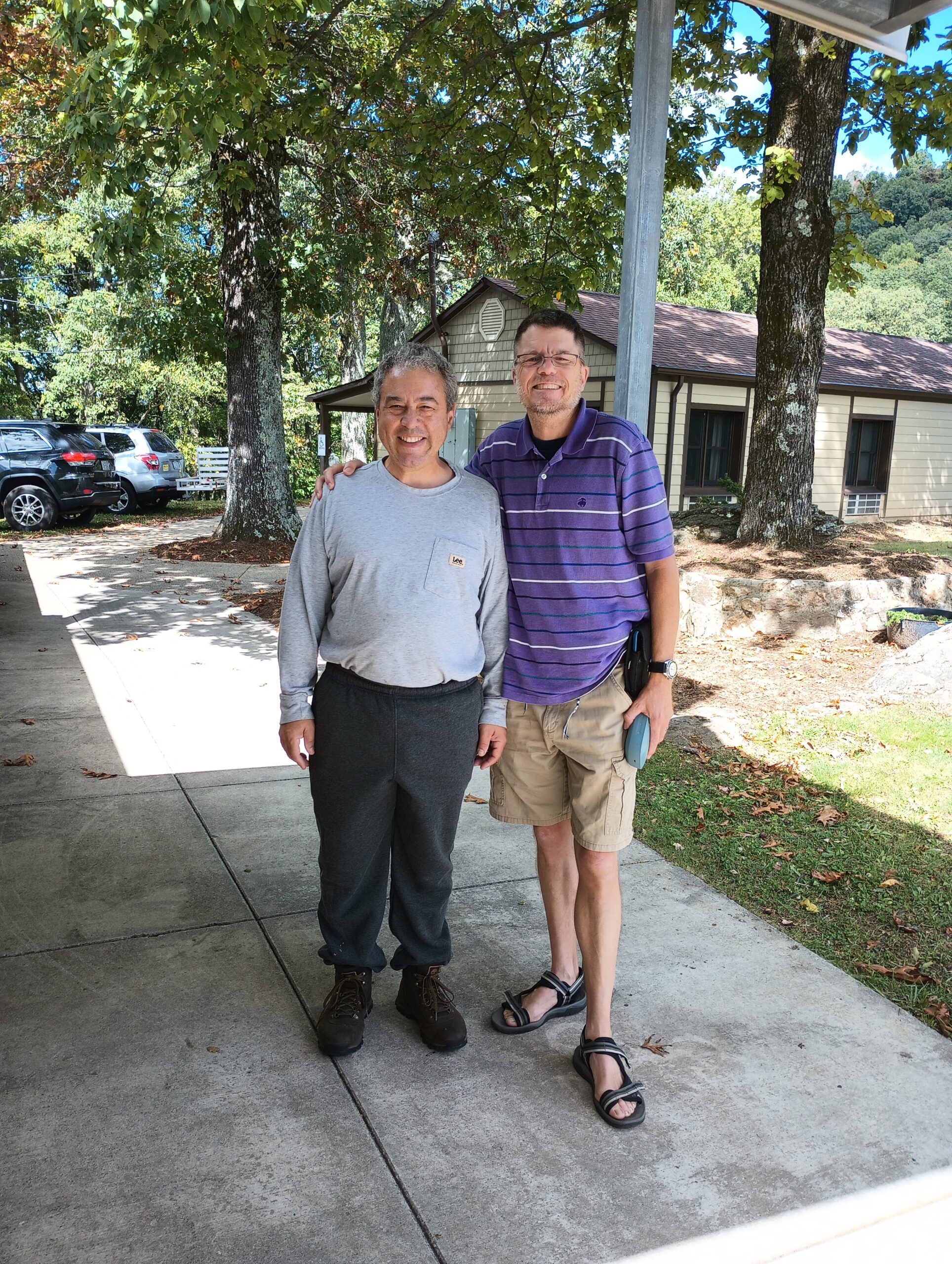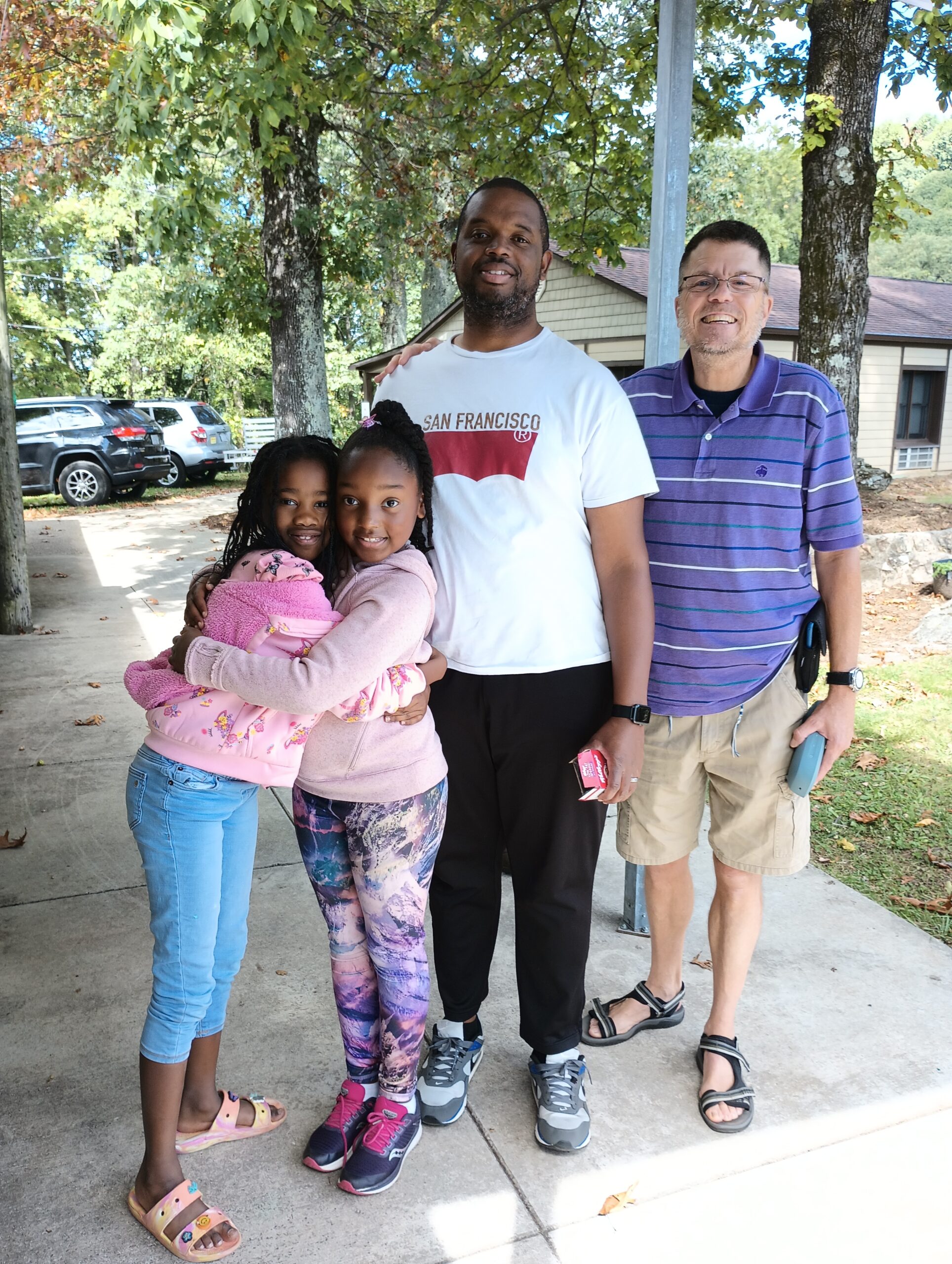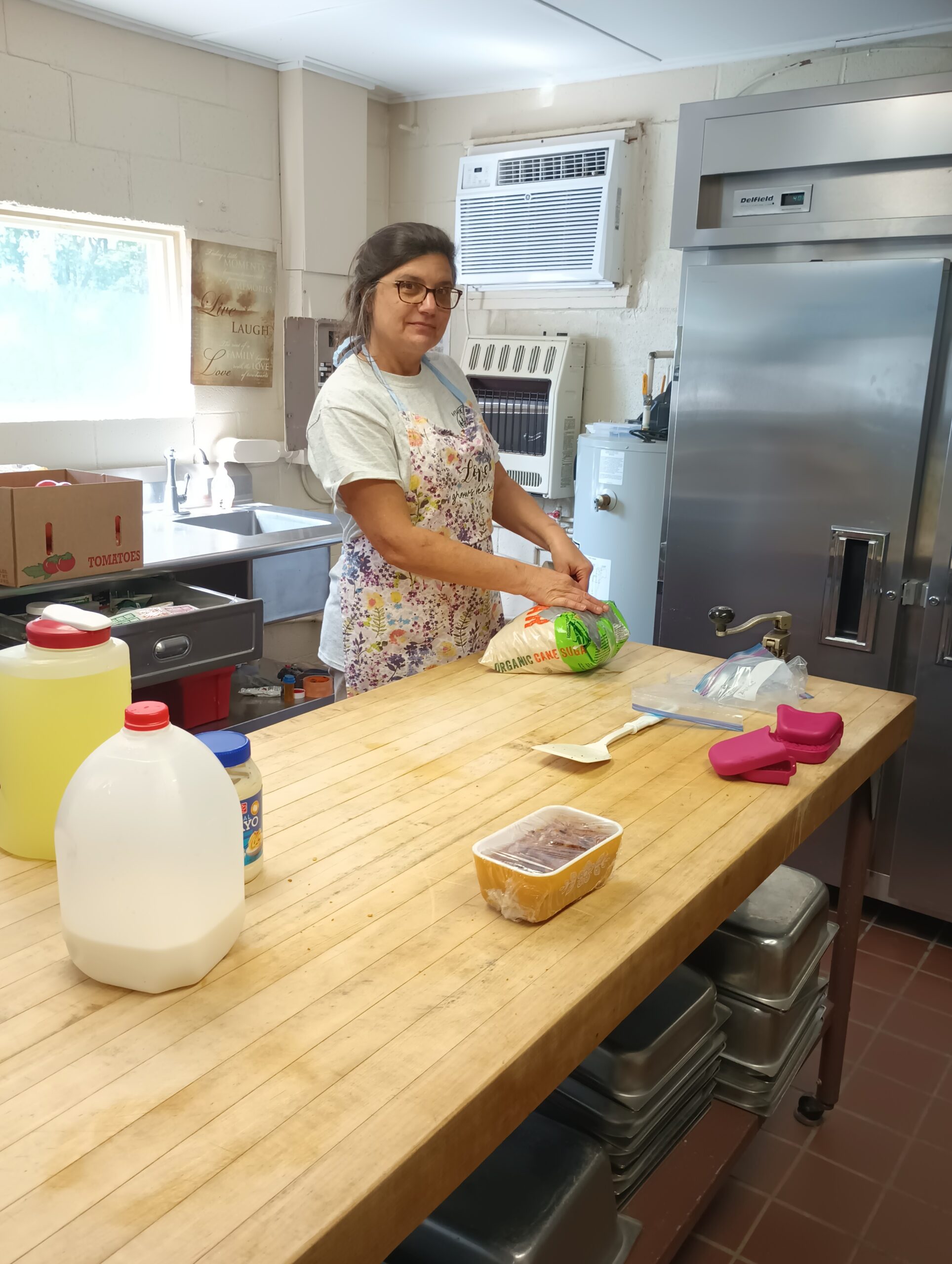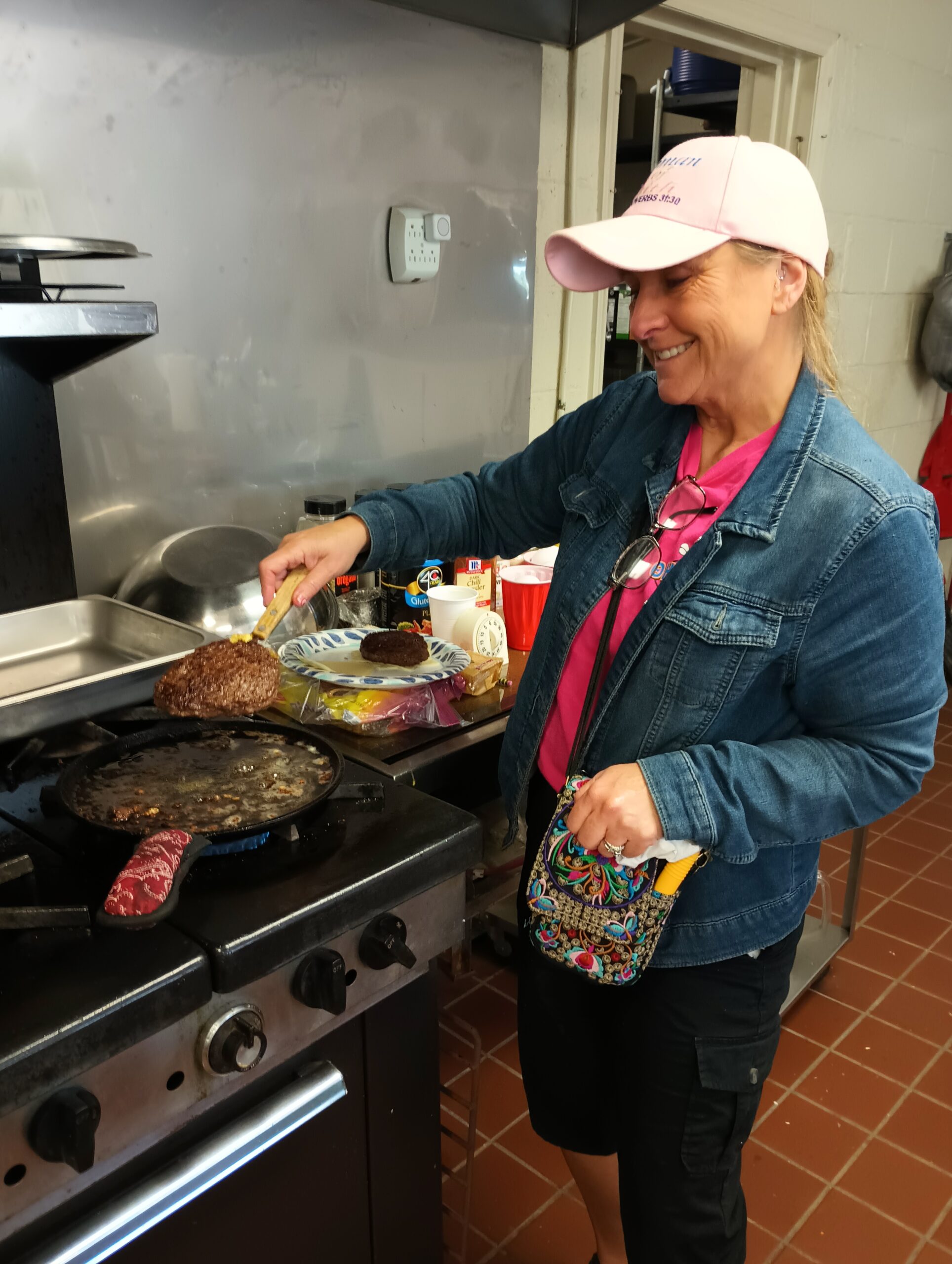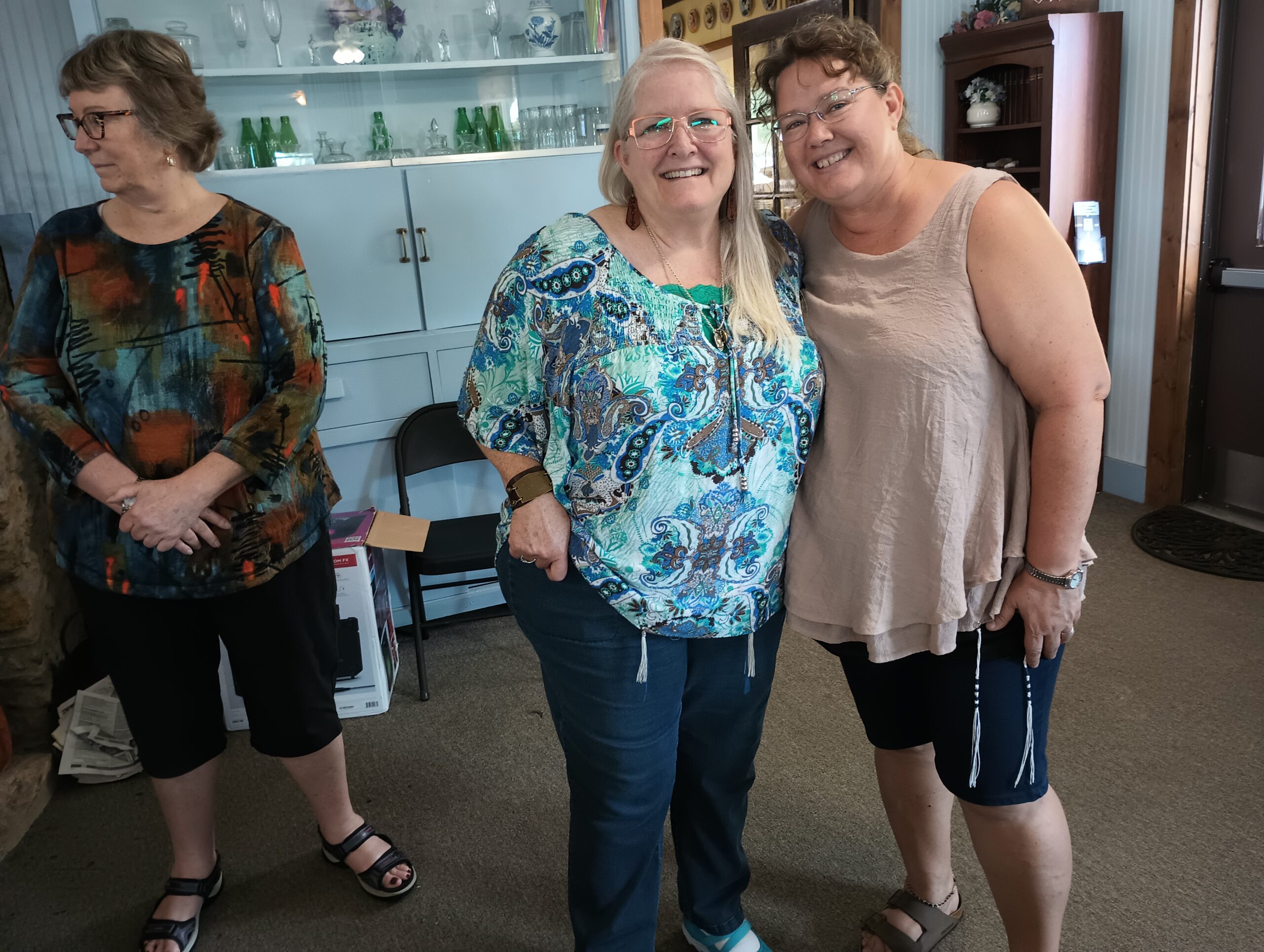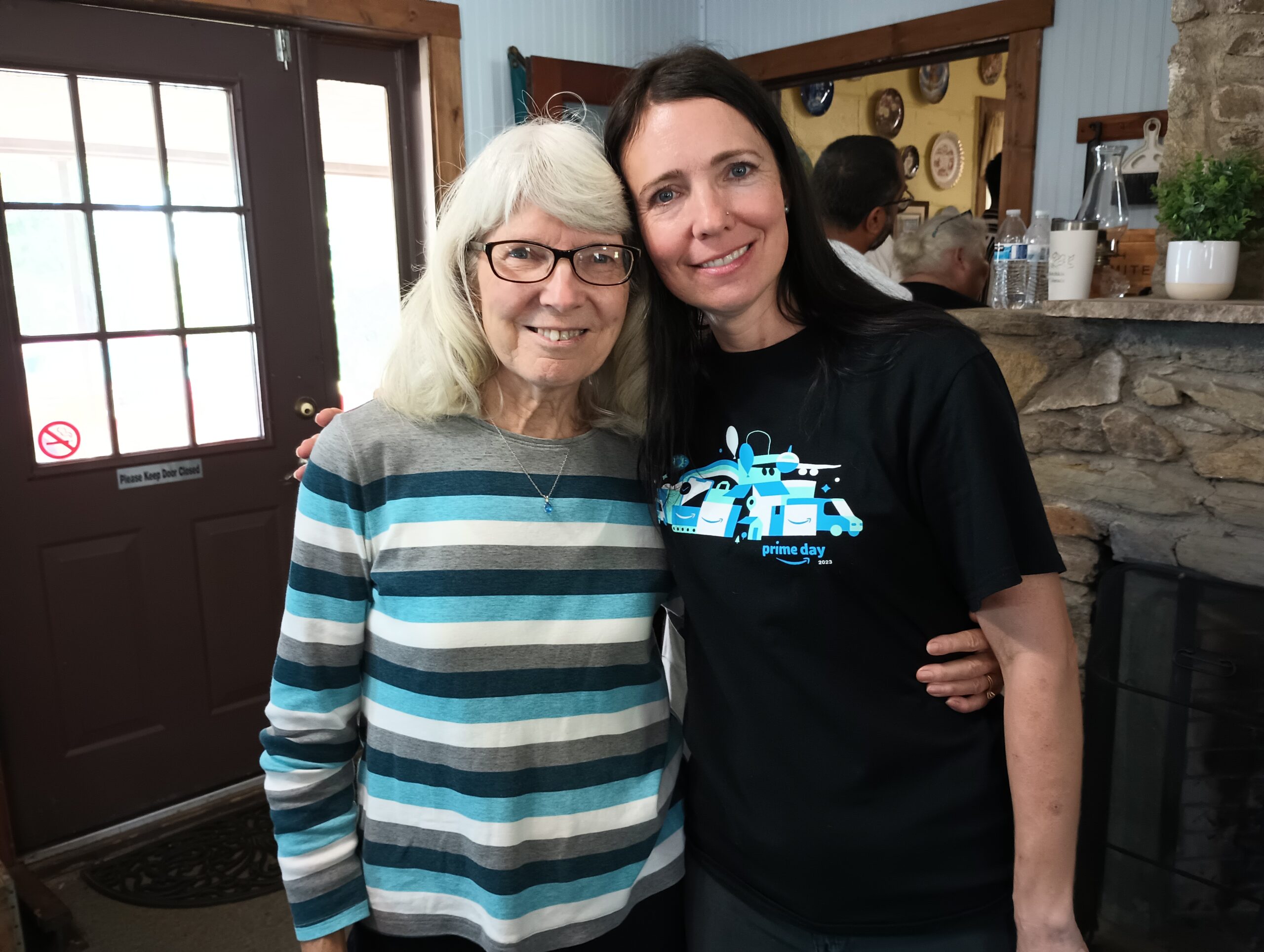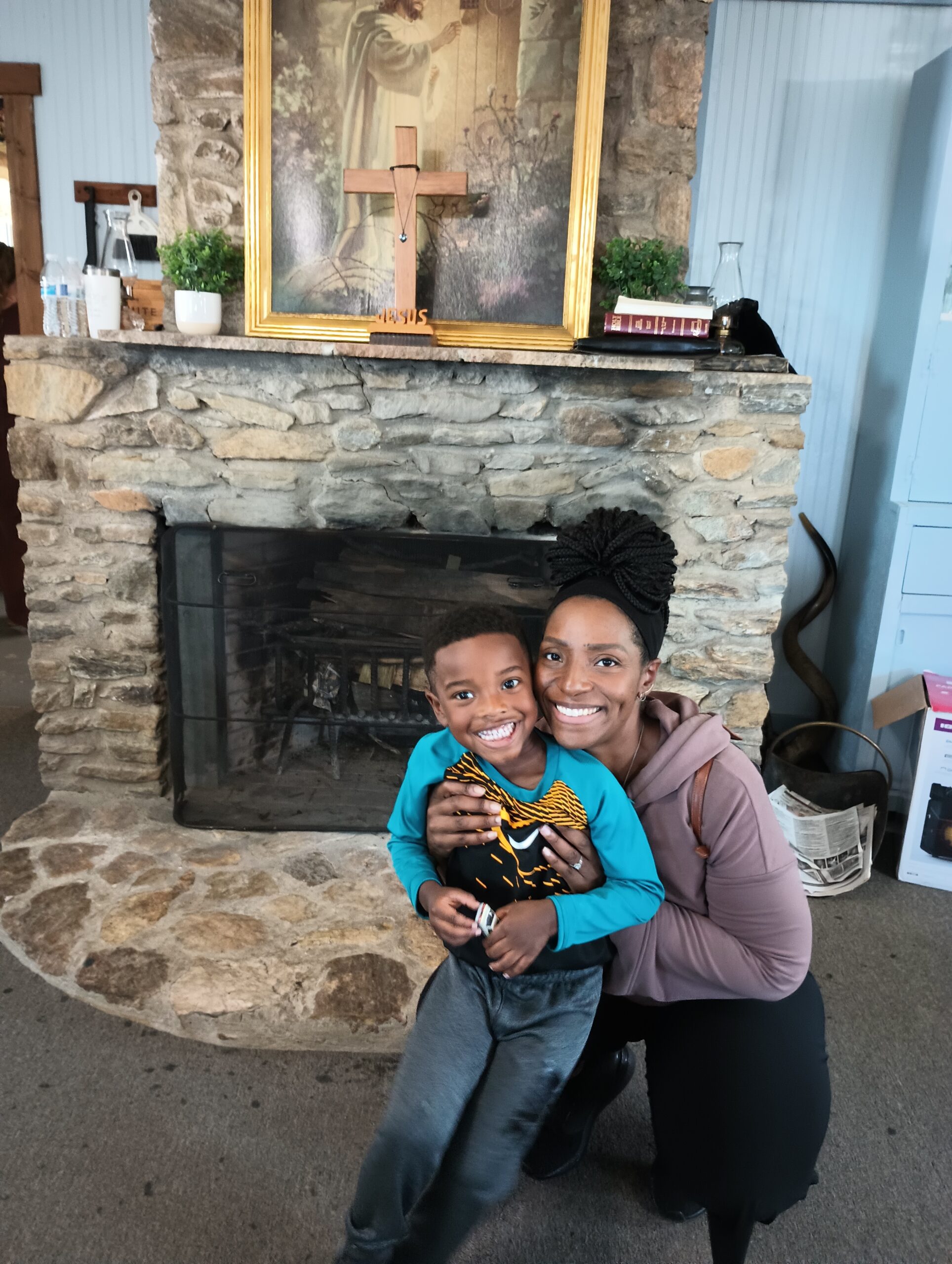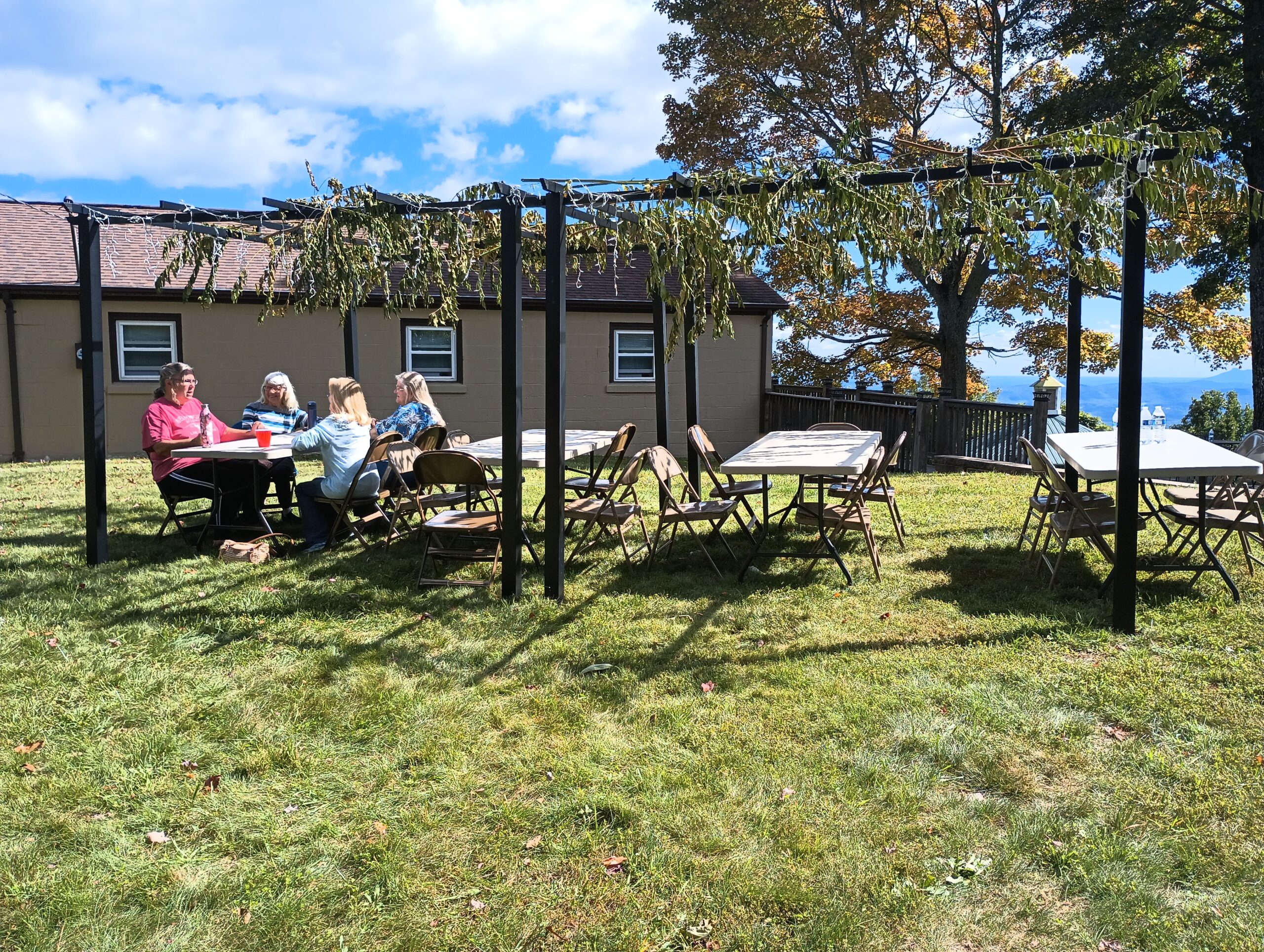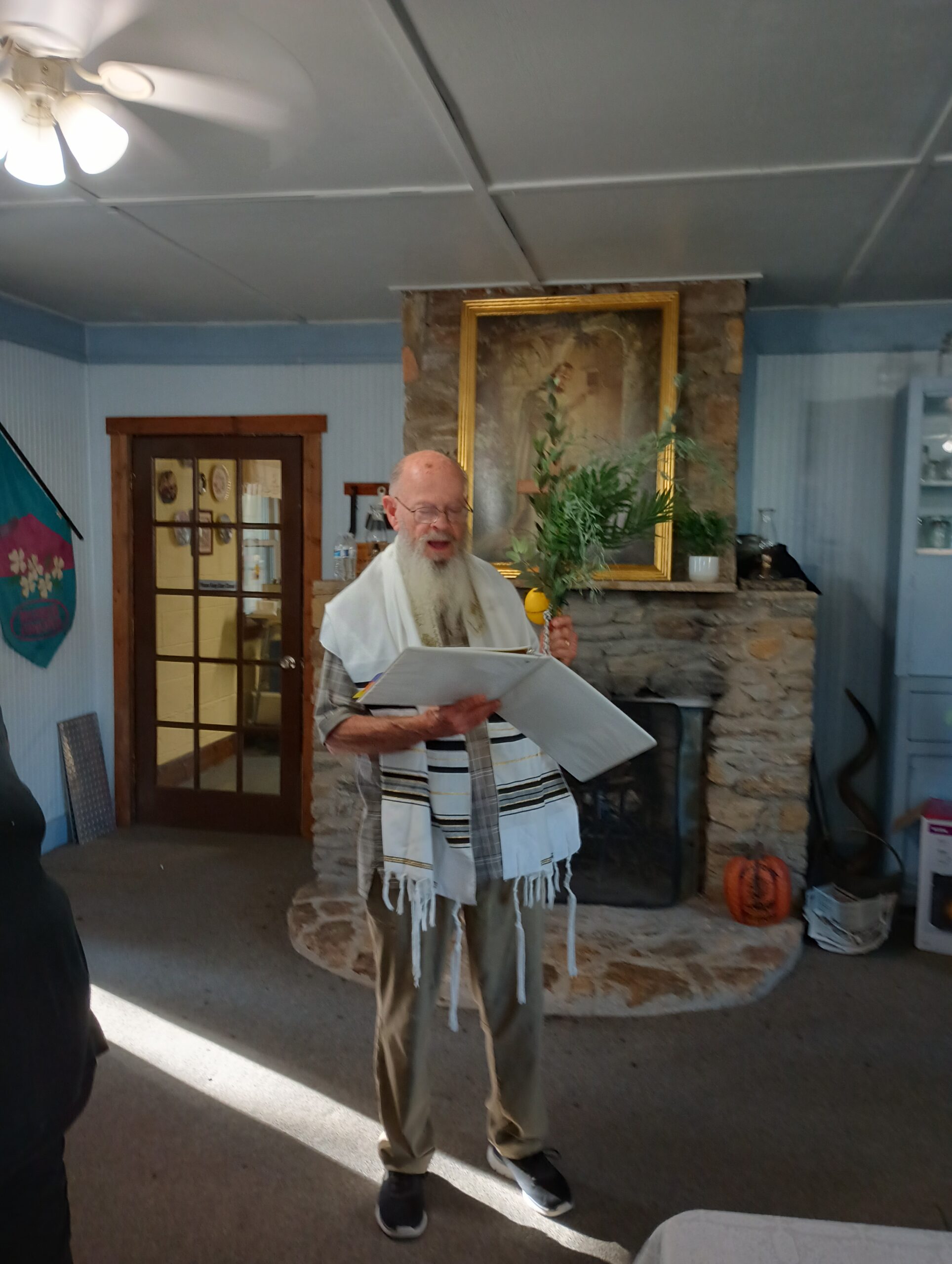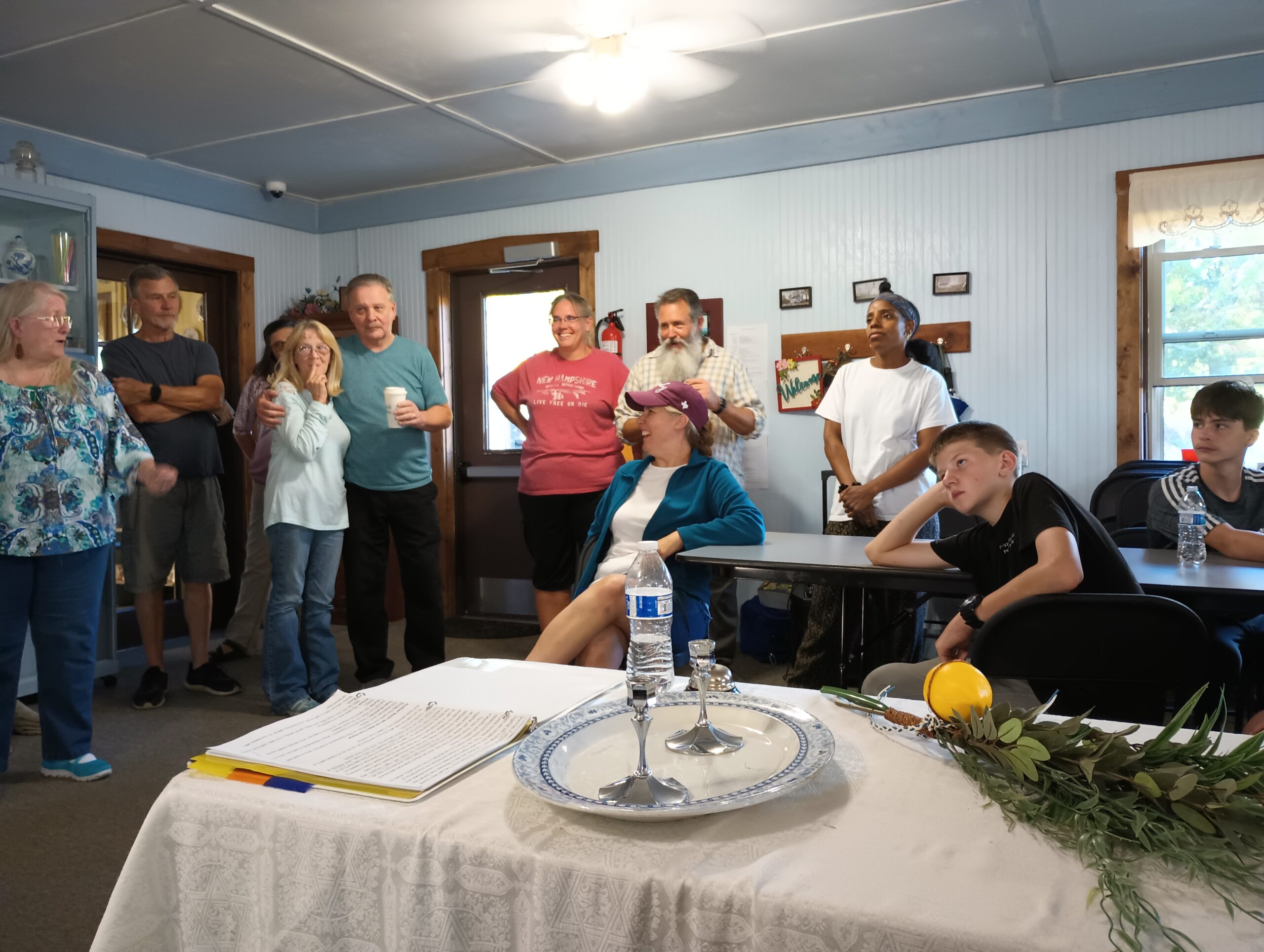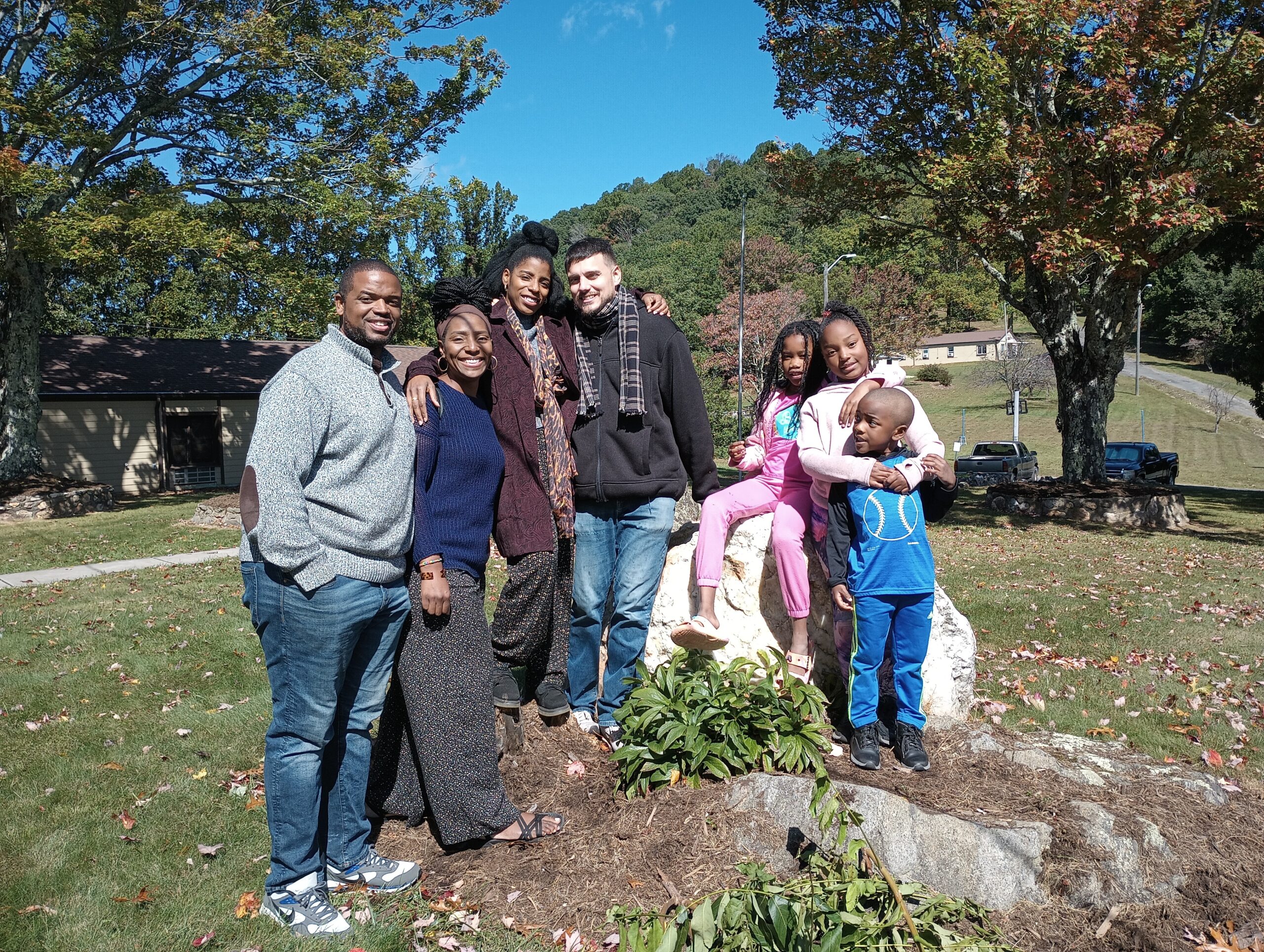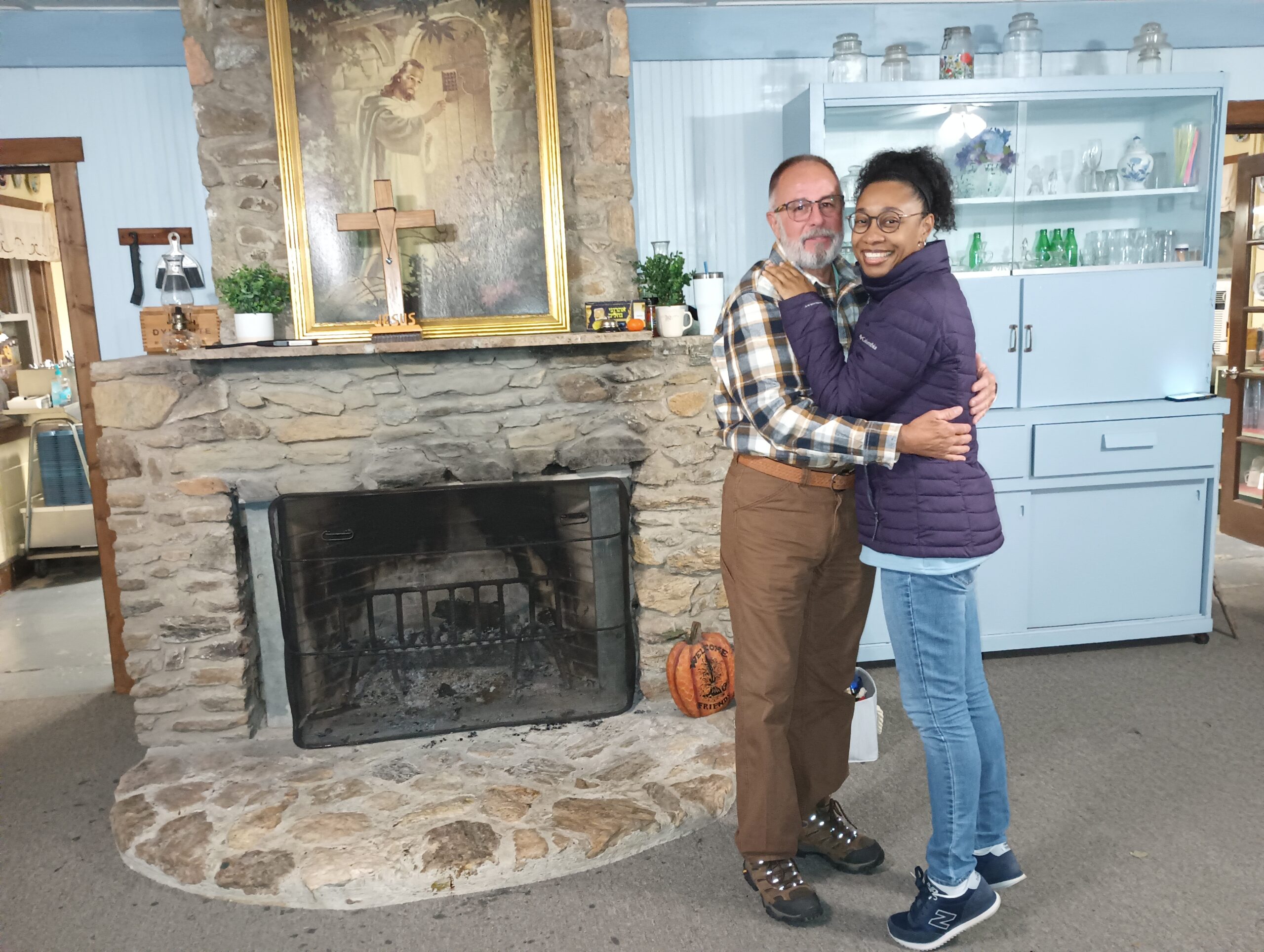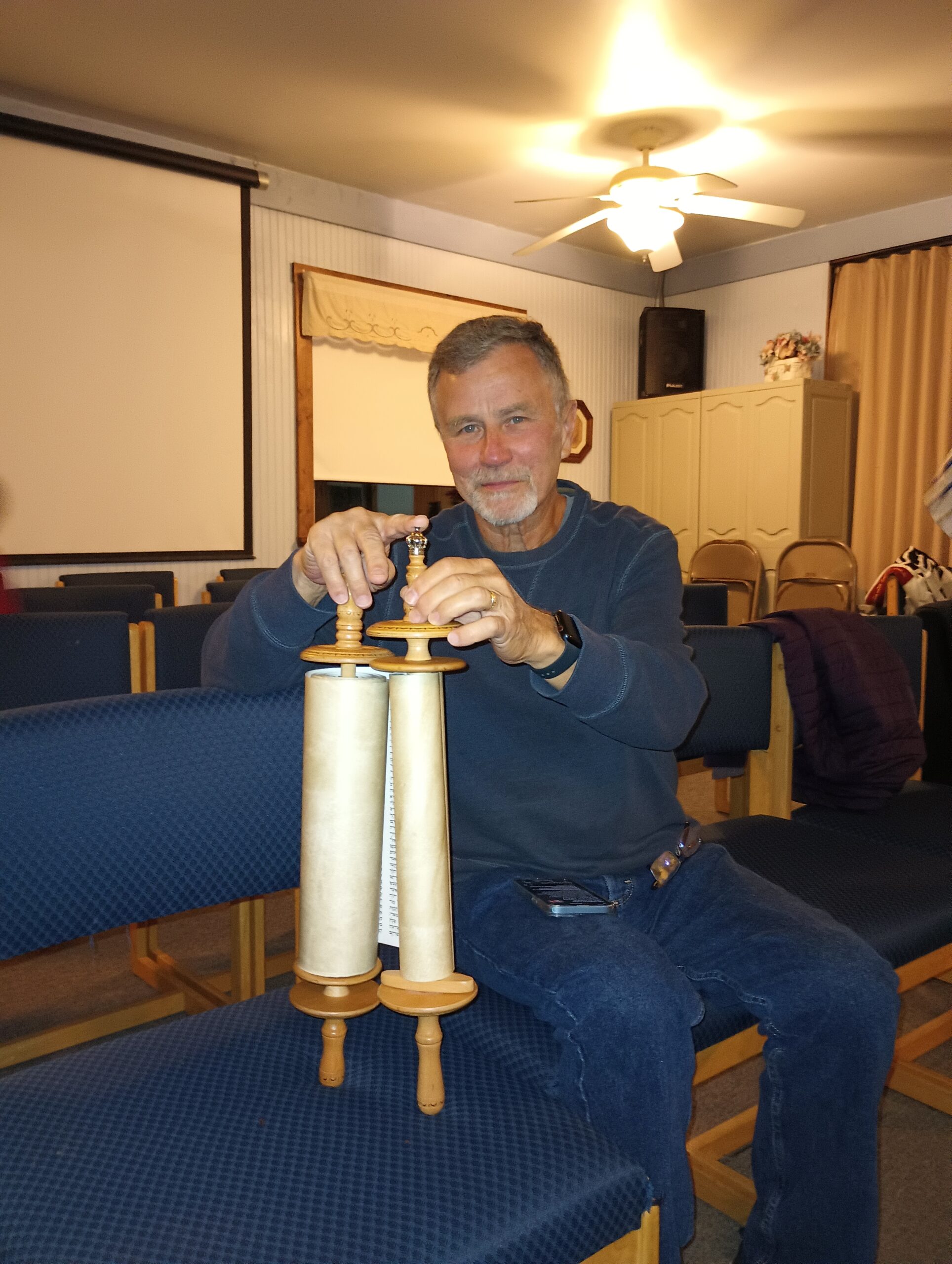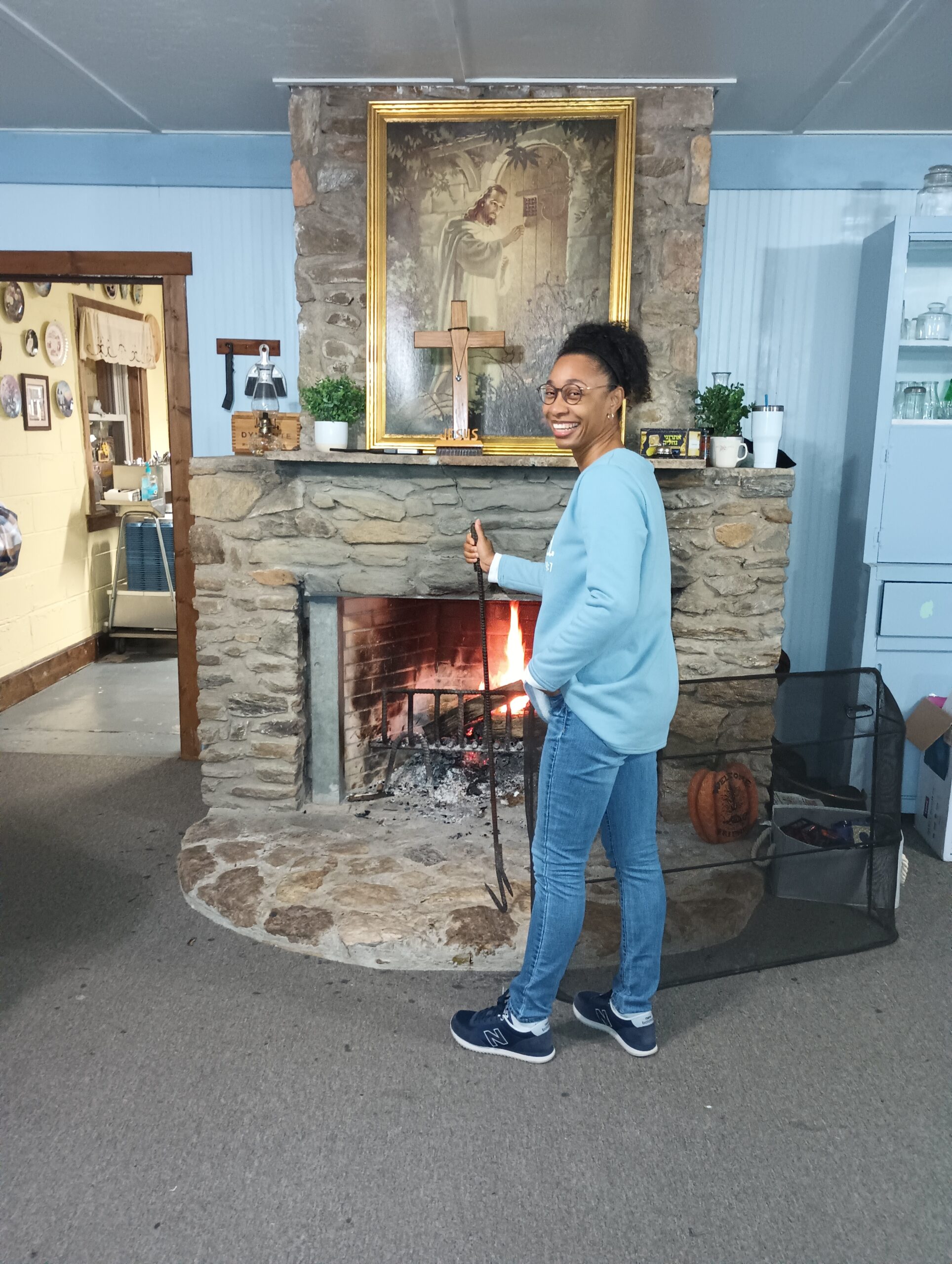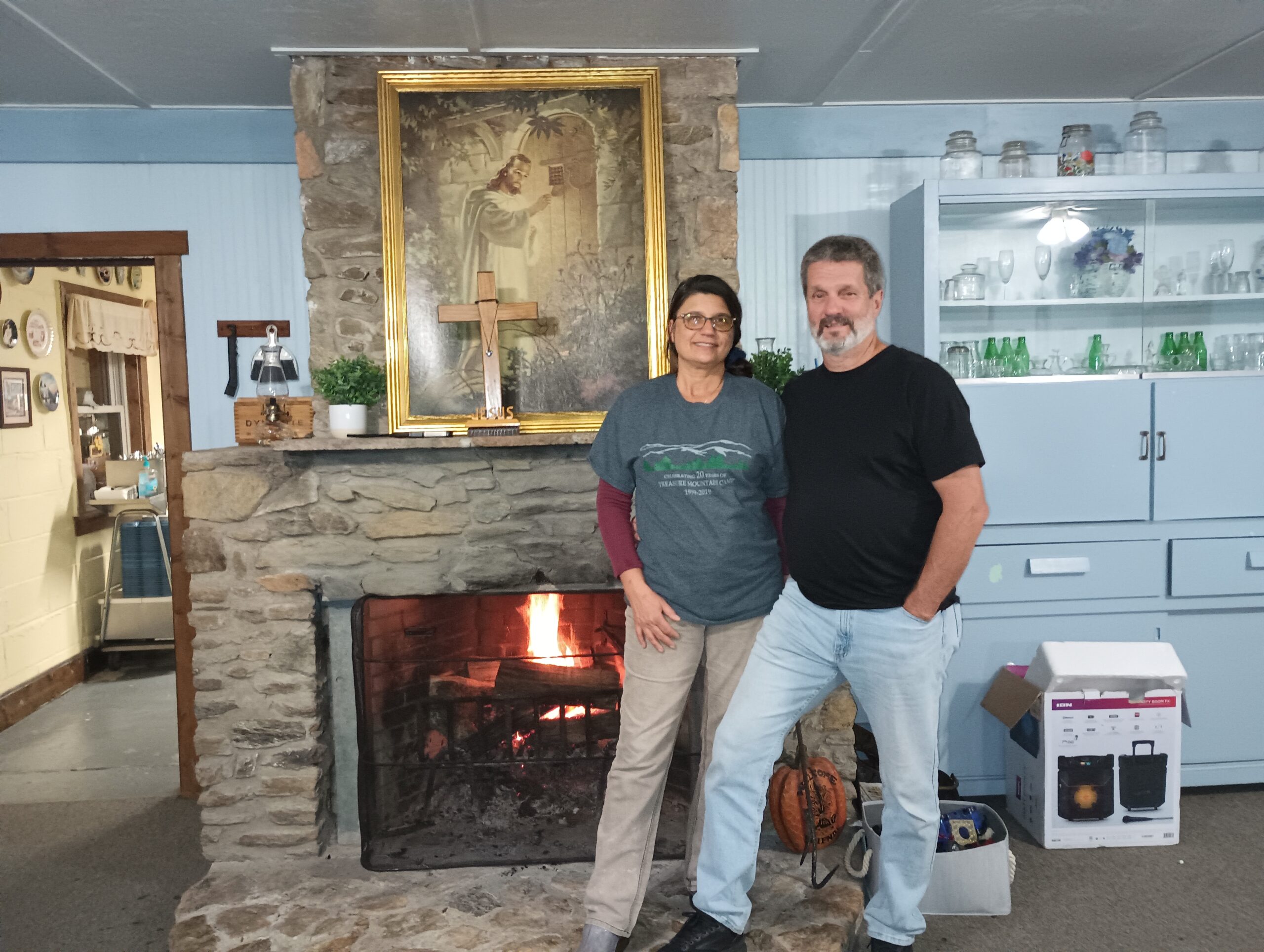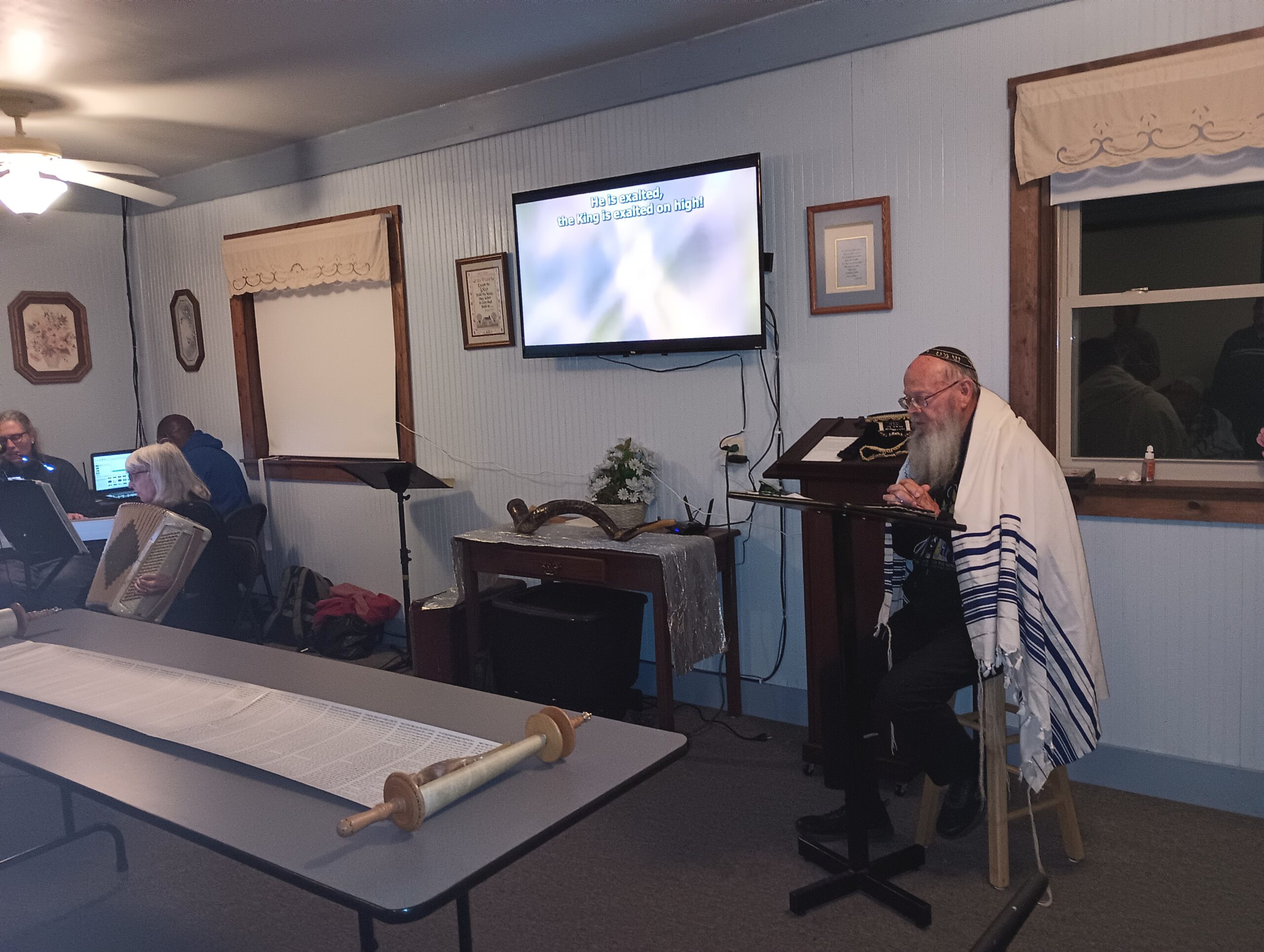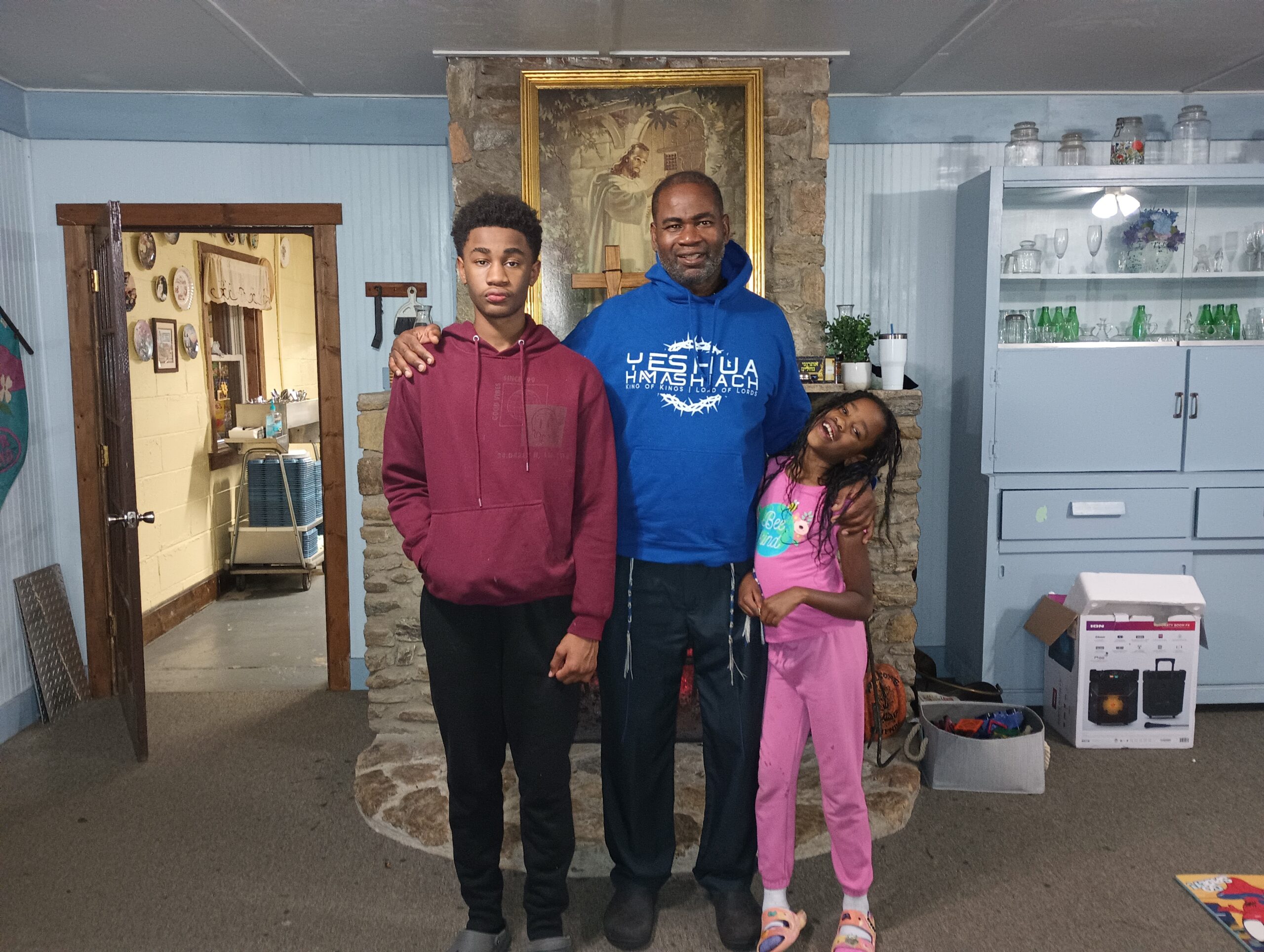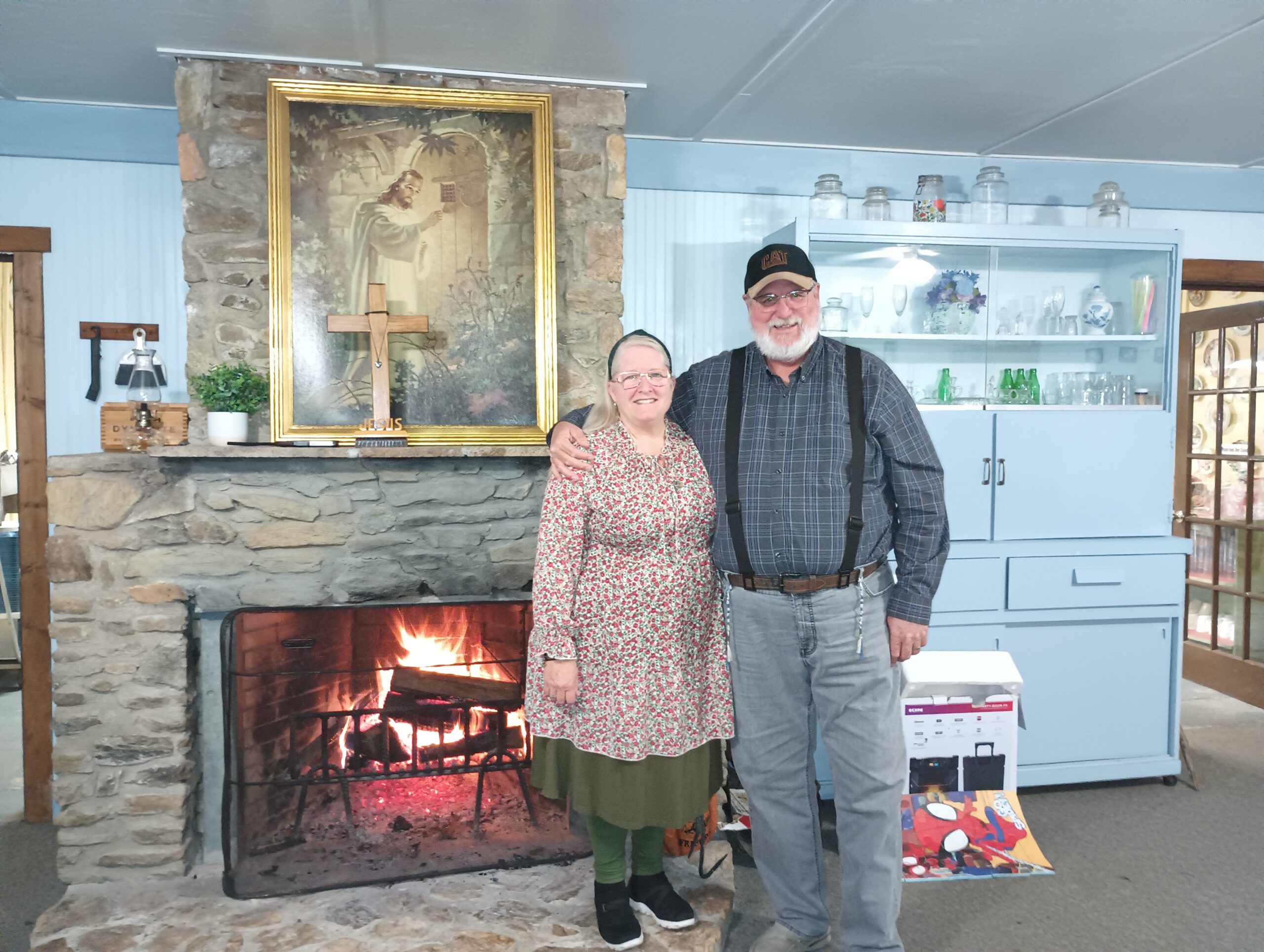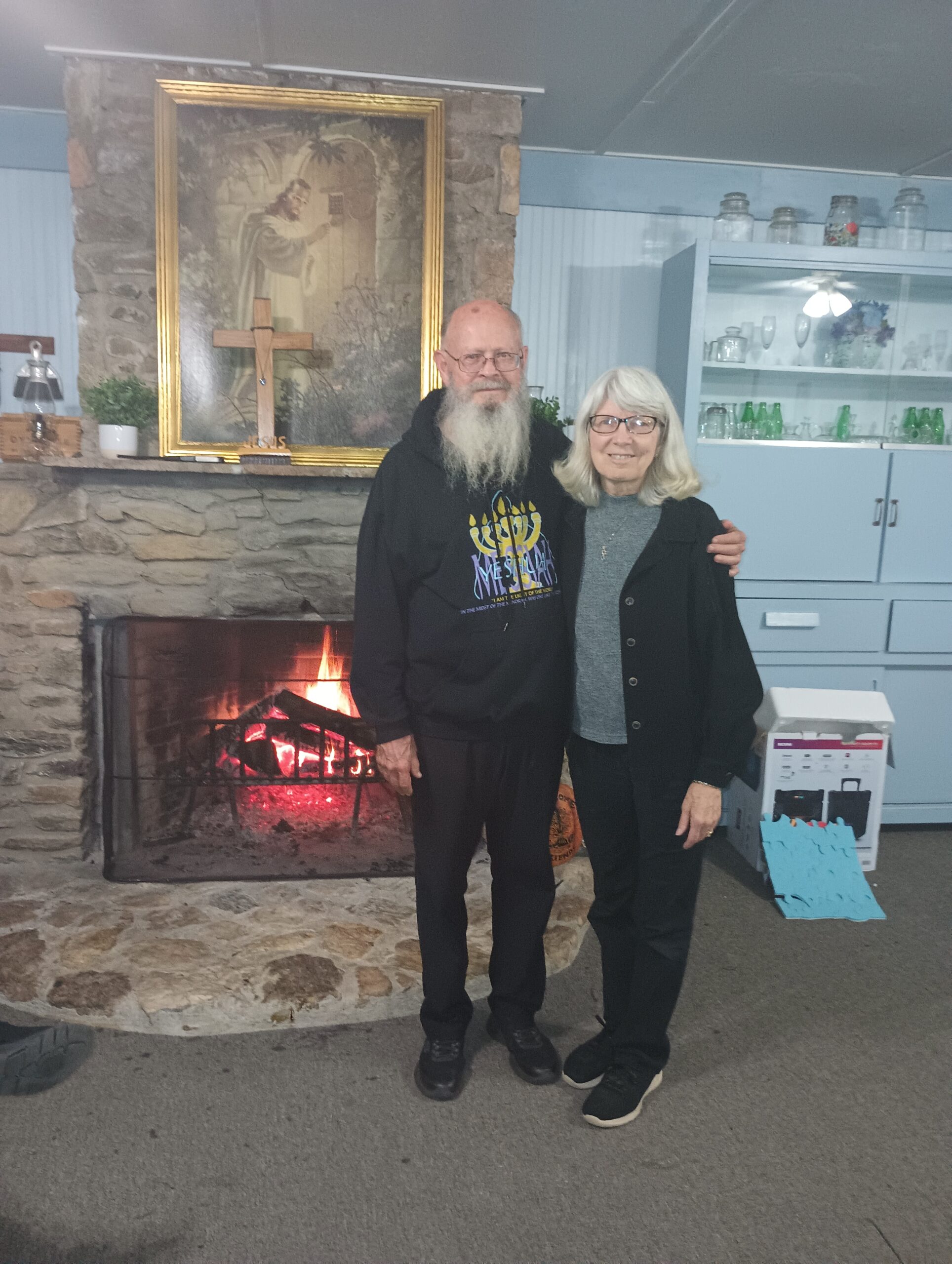YOM TERUAH
Yom Teruah (day of blowing of the shofar) announces the beginning of the fall feasts and in particular warns that Yom Kippur (Day of Atonement) follows ten days later. Here is the statement from the Torah about Yom Teruah: “Speak to the sons of Israel, saying, ‘In the seventh month on the first of the month you shall have a rest, a reminder by blowing of trumpets, a holy convocation. ‘You shall not do any laborious work, but you shall present an offering by fire to the LORD.'” (Lev 23:24-25 NASB) This is a sabbath and so we rest on this day. We have a meal together and hear a short teaching. And finally hear the sound of the Shofar (sounded over 100 times) and offer prayers to the Lord. We are preparing our hearts for repentance looking forward to Yom Kippur.
The prophetic aspect of the feast relates to the blowing of shofars announcing the return of Yeshua to set up the Kingdom of God on the earth as described in the Book of Revelation and the prophets.
YOM KIPPOR
Yom Kippur (The Day of Atonement) is the most solemn day in the Feast cycle. Here is
the statement from the Torah:
The LORD spoke to Moses, saying, “On exactly the tenth day of this seventh month
is the day of atonement; it shall be a holy convocation for you, and you shall humble
your souls and present an offering by fire to the LORD. “You shall not do any work on this same day, for it is a day of atonement, to make atonement on your behalf before the LORD your God. “If there is any person who will not humble himself on this same day, he shall be cut off from his people. “As for any person who does any work on this same day, that person I will destroy from among his people. “You shall do no work at all. It is to be a perpetual statute throughout your generations in all your dwelling places. “It is to be a sabbath of complete rest to you, and you shall humble your souls; on the ninth of the month at evening, from evening until evening you shall keep your sabbath.”
(Lev 23:26-32 NASB)
It was on this day in ancient Israel that the High Priest would put on his white linen clothes and enter the Holy of Holies, first to make atonement for himself and again to make atonement for the people. The blood of the sacrificial animals was sprinkled on the Mercy Seat. The sprinkling of blood atoned for the sins of the people and turned the Judgment seat into a Mercy seat.
From Yom Teruah we prepare our hearts during the ten Days of Awe by repenting of our sins and asking forgiveness of those we have wronged and forgiving others for the wrongs against us. With the arrival of Yom Kippur (The Day of Atonement), we fast and repent as a congregation with readings from the Torah and the reciting of penitential prayers. We spend the day in prayer and meditation. This is the most solemn day of the feast cycle. It is a Shabbat Shabbaton (a Sabbath of Solemn Rest). Relationships between individuals and between individuals and God are restored. It is a time of spiritual cleansing.
At the end of Yom Kippur we break the fast together as a community with a light meal and fellowship. The prophetic aspect of Yom Kippur relates to the judgment of the nations (Sheep and Goats Judgment (Matt. 25:31-46)) in which Yeshua sets up the Kingdom of God on the earth. We as believer also undergo a judgment for reward in which each person’s works are judged as to whether they are acceptable to God (gold, silver and precious stones versus wood, hay and stubble (1 Corinthians 3:12-15)).
SUKKOT
Sukkot follows Yom Kippur five days later. During this time the solemnity of Yom Kippur gives way to the joy of Sukkot.
Here is the statement from the Torah:
‘For seven days you shall present an offering by fire to the LORD. On the eighth day you shall have a holy convocation and present an offering by fire to the LORD; it is an assembly. You shall do no laborious work. ‘These are the appointed times of the LORD which you shall proclaim as holy convocations, to present offerings by fire to the LORD-burnt offerings and grain offerings, sacrifices and drink offerings, each day’s matter on its own day- besides those of the sabbaths of the LORD, and besides your gifts and besides all your votive and freewill offerings, which you give to the LORD. ‘On exactly the fifteenth day of the seventh month, when you have gathered in the crops of the land, you shall celebrate the feast of the LORD for seven days, with a rest on the first day and a rest on the eighth day. ‘Now on the first day you shall take for yourselves the foliage of beautiful trees, palm branches and boughs of leafy trees and willows of the brook, and you shall rejoice before the LORD your God for seven days. ‘You shall thus celebrate it as a feast to the LORD for seven days in the year. It shall be a perpetual statute throughout your generations; you shall celebrate it in the seventh month. ‘You shall live in booths for seven days; all the native-born in Israel shall live in booths, so that your generations may know that I had the sons of Israel live in booths when I brought them out from the land of Egypt. I am the LORD your God.”
(Lev 23:36-43 NASB)

